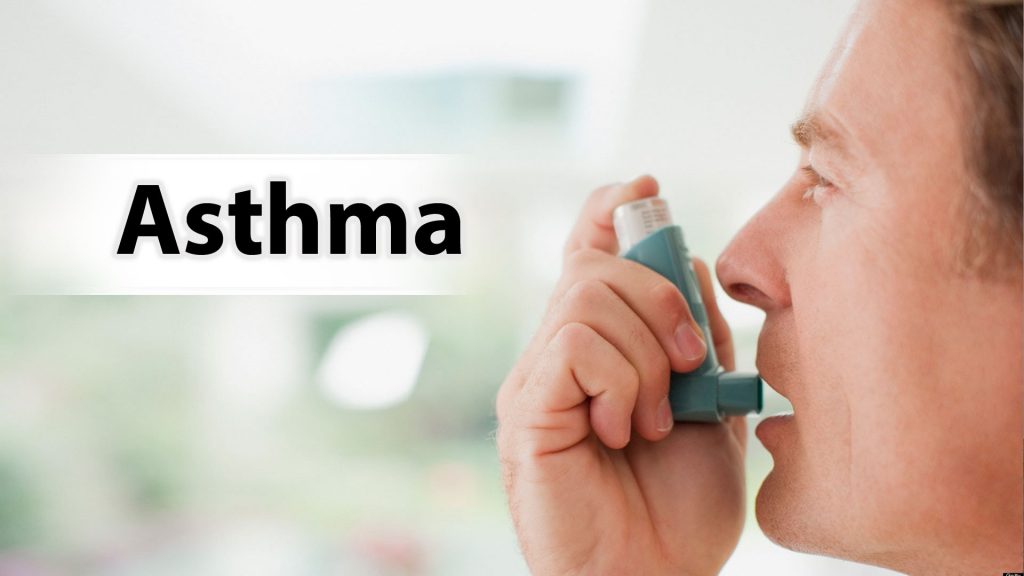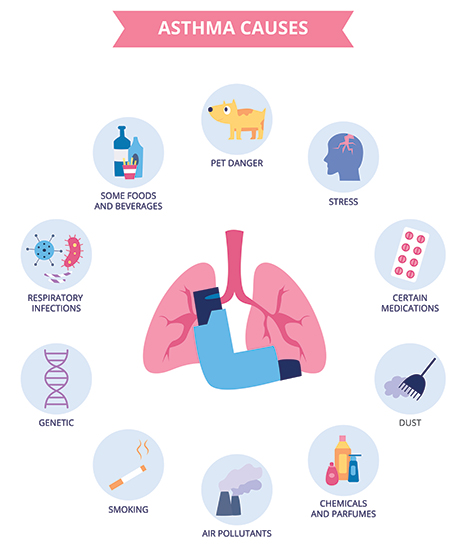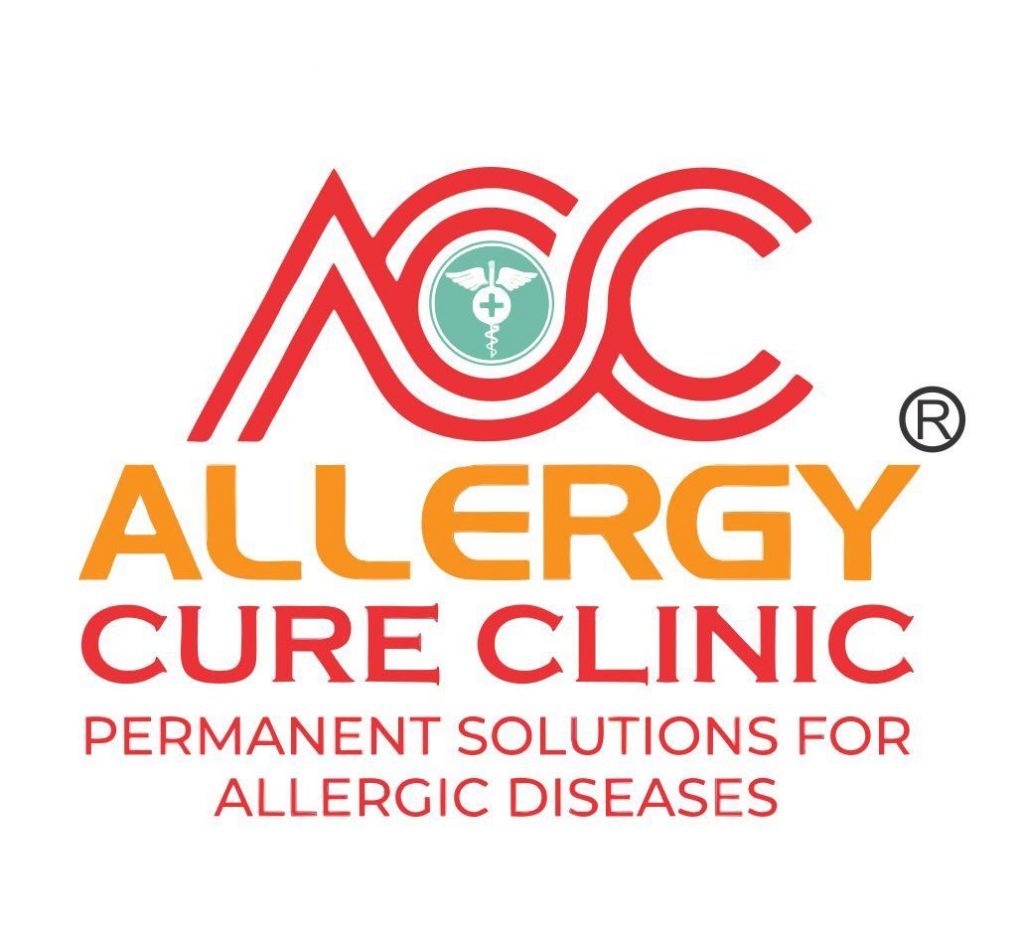
What is allergic asthma?
Allergic asthma is asthma caused by an allergic reaction. It’s also known as allergy-induced asthma. You may have allergic asthma if you have trouble breathing during allergy season.
People with allergic asthma usually start feeling symptoms after inhaling an allergen such as pollen. The Asthma and Allergy Foundation of America reports that more than half of people with asthma have allergic asthma. Allergic asthma is treatable in most cases.
What are the causes of allergic asthma?
You develop allergies when your immune system overreacts to the presence of a harmless substance called an allergen. Some people may develop breathing problems from inhaling allergens. This is known as allergic asthma. It occurs when the airways swell as part of an allergic reaction.
In general, inhaled allergens cause allergic asthma. Some allergens that can cause this condition include:
- pollen
- pet dander
- dust mites
- tobacco smoke
- air pollution
- strong odors, including scented lotions and perfumes
- chemical fumes
Less common allergens that can cause an asthmatic reaction include:
- cockroaches
- milk
- fish
- shellfish
- eggs
- peanuts
- wheat
- tree nuts
Even though an asthmatic reaction to these allergens is less common, they may cause a more serious reaction.

Health Tips & Info
“Stay itch-free with our expert tips on managing and preventing urticaria, for all things related to hives and allergic reactions.”
What are the symptoms of allergic asthma?
Allergic asthma and regular asthma have the same symptoms. They include: wheezing coughing chest tightness rapid breathing shortness of breath If you have hay fever or skin allergies, you might also experience: itchy skin rash flaky skin runny nose itchy eyes watery eyes congestion If you swallowed the allergen, these symptoms might be present as well: hives swollen face or tongue tingly mouth swollen mouth, throat, or lips anaphylaxis (severe allergic reaction)
How is allergic asthma diagnosed?
A skin prick test is the common way to check for allergies. Your doctor will poke your skin with a needle containing a small amount of an allergen. After 20 minutes, your doctor will check your skin for red bumps. These bumps are a sign of an allergic reaction. Additional tests that can check whether you have asthma along with your allergies include: spirometry: measures the amount of air you inhale and exhale, and looks for narrowing in the bronchial tubes of your lungs peak flow:a simple test of lung function, this measures air pressure as you breathe out lung function: checks whether your breathing improves after you use an asthma medication called a bronchodilator (if this medication improves your breathing, you probably have asthma)
What are the potential complications of allergic asthma?
Allergic asthma can have serious complications. One complication is anaphylaxis. This type of severe allergic reaction may have symptoms such as: hives mouth or facial swelling difficulty swallowing anxiety confusion cough diarrhea fainting nasal congestion slurred speech Untreated anaphylaxis can be life-threatening. It may cause problems such as an abnormal heart rate, weakness, low blood pressure, rapid pulse, cardiac arrest, and pulmonary arrest.
How can I prevent allergic asthma?
Allergic asthma attacks aren’t always preventable. However, you may be able to make them less frequent by changing your environment.
